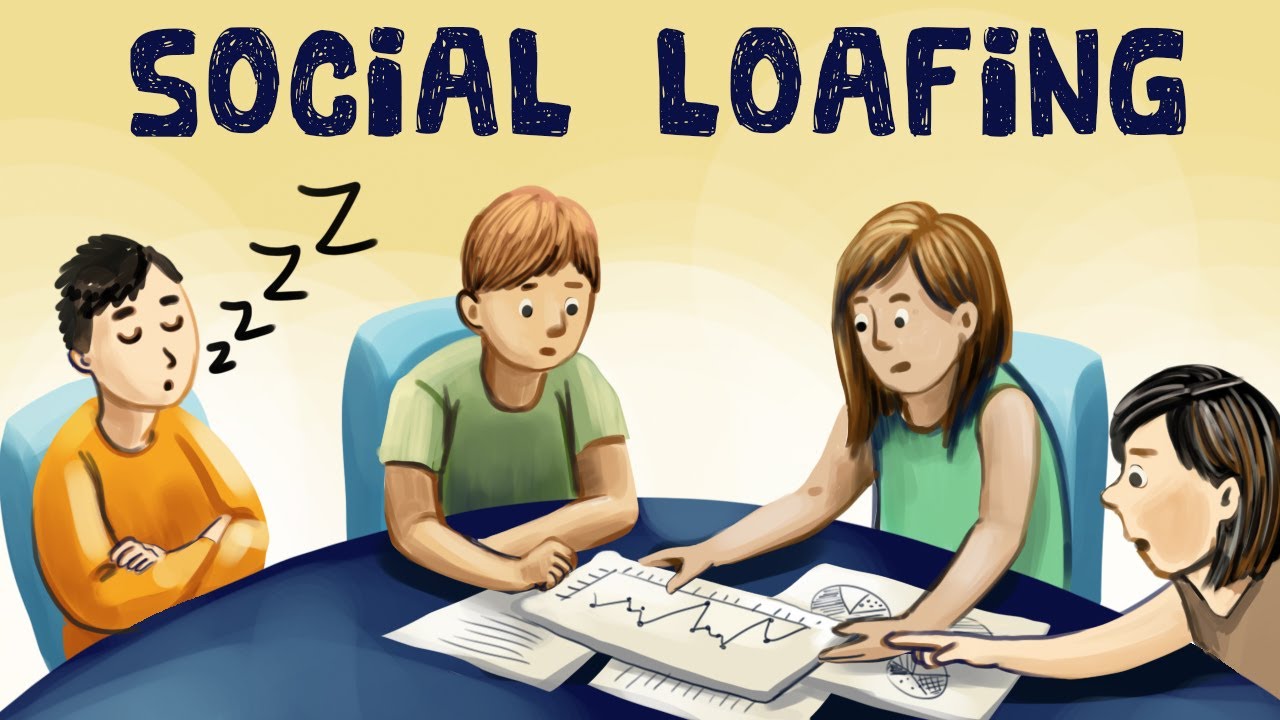According to the Ringelmann effect, the procreativity of the members of a group is inversely proportional to the number of group members. Namely, if the number of members increase, productivity of each member decreases.
A French agricultural engineer called Maximilien Ringelmann made an experiment. He made some people pull a rope from its two sides. At first try, there was only one person pulling from each sides. Then he added one person to each side and so on. He observed that there was a potential loss in every individual of the group by measuring the tention on the rope with a dinamometer. When there were two people on both sides, their rate of potential decreased to %93 of the first. This rate decreased to 85% in 3 people, 77% in 4 people, and %50 in 8 people. There is a saying of Yusuf Has Hacib in Kutadgu Bilig that supports this idea: “Don’t command two people to do a job, they both wait for each other and don’t do it.”
I mostly agree with the claim of Ringelmann more than the proverb which goes: “If we don’t all row, the boat won’t go.” Because human-being is lazy, especially in the situations that s/he is unnoticeable. Man thinks that s/he can pass unnoticed in a crowded group of people, so they reduce their own potential. This is called as “social loafing”.
I explained the usage of individual potentials in the previous paragraphs. An increase in the number of a group also makes coordination difficult. Ivan Dale Steiner said in his book named “Group Process and Productivity”: “Coordination problems between group members are a function of the demands of the tasks to be performed.” A work consists of several parts to be performed at the same time. If all members choose the same part to carry out, other parts won’t be realized, and the work won’t be efficient.
There is a theory in economics, named “law of diminishing returns” which defines a similar thought. If this case exists in an important science such as economics, it would definitely exist in casual conditions. For instance, if a conversation is among two people they talk more and efficiently, but if there are more people, the consistency of the chat diminishes.
According to me, there are some exceptions of this matter. In a highly motivated, ambitious and enthusiastic group, all of the group members would work perfectly and motivate each other to create a wonderful work. When a new member is added, the new member will improve her/himself in that group.
In short, I believe in the Ringelmann effect and would prefer working in smaller groups instead of the larger ones, to keep my potential in the same rate. But if I am aware that a group has exteremely successful members, I would absolutely want to take part in that group.

